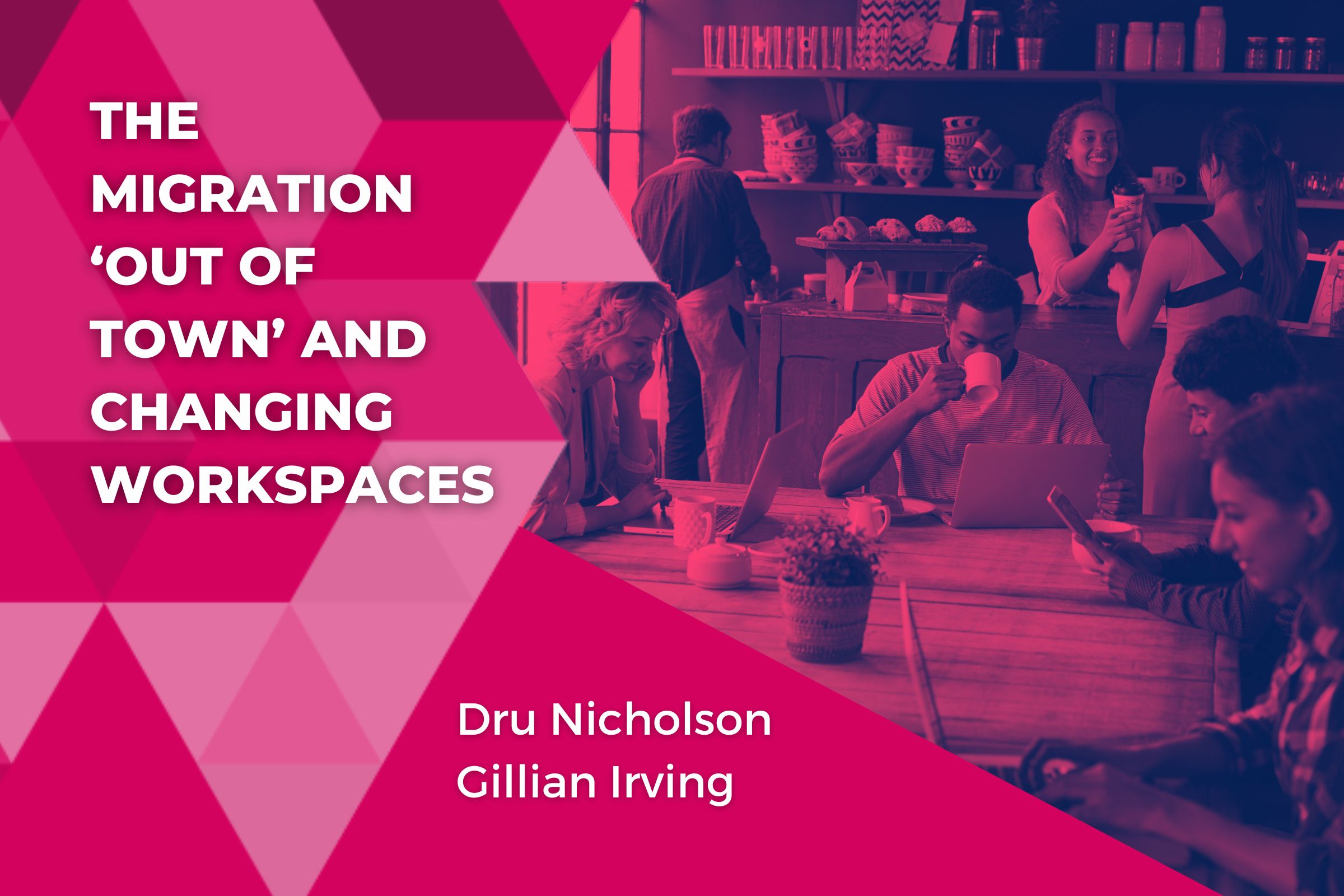
The move to flexible working borne out the Covid pandemic has brought about a seismic shift in the way both businesses and employees view workspaces. According to the Guardian, more than half of businesses have evolved by establishing offices and other workspaces outside of city and town centres.[1] Not only are the loci of workspaces changing but also their physical layout, with flexible workspace provider IWG noting that 82% of businesses have re-evaluated their space requirements since 2020.[2]
One of the most pertinent examples of a company responding to the aforementioned trends can be found in HSBC. The bank recently announced its departure from its global headquarters in Canary Wharf, a location which it has occupied for over two decades, stating its wider intention to reduce its global office space by 40%.
The Benefits of Moving ‘Out of Town’
The benefits of moving ‘out of town’ can be broadly subdivided into two categories: financial and employee-related.
Financial
Perhaps the most significant and obvious benefit to employers is, in many cases, a reduction in rent compared with city centre prices. However, there are also potential savings to be made elsewhere in terms of reduced logistical/distribution costs and rates to name a few.
Employee-related
Employees have also been found to benefit from moving ‘out of town’. Commuting time and expense can often be reduced significantly, enhancing employee wellbeing and productivity in turn.
The Drawbacks
Notwithstanding the above, there are still notable benefits of city centre workspaces. Public transport links are often far superior in our towns and cities which benefits employees who do not or cannot drive. From an environmental standpoint, it is also easier for employees to keep their emissions down by using public transport.
Towns and cities also provide a great location for networking and business development with clients and contacts often being in the one place (although that is obviously changing with the aforementioned trends).
Moreover, towns and cities further often provide a larger talent pool to choose from when it comes to recruitment.
New type of workspaces
With more and more employees working remotely, it is no surprise that as well as moving there are a lot of businesses downsizing. There is no longer the need to have huge offices in the same way with employees coming and going at different times on different days of the week.
Businesses are also looking to integrate different divisions therein more closely in new ways to try and improve performance. For instance, Tesco initiated a pilot programme in partnership with IWG, introducing office working spaces in neighbourhood supermarkets in locations such as Twickenham, Sutton and the revamped Battersea Power Station.
Workspaces, such as the new Barclays campus in Glasgow, have further begun to focus on including leisure facilities such as gyms, restaurants and event spaces.
Our team of experienced commercial property lawyers provides expert advice and guidance to a diverse range of clients, including major corporations and start-ups. We cover all types of commercial properties, ranging from shopping centres to small businesses, and pride ourselves on delivering tailored solutions that meet the individual needs of each client. Whether you are looking to relocate, downsize, or require advice on lease, purchase, or sale, our team of experts is on hand to provide the guidance you need, please contact our Commercial Property team today. We are here to help you achieve the best possible outcome for your business.
[1] Mark Sweney “Half of UK firms open offices outside city centres, study claims” (02/10/23) (The Guardian)
[2] Ibid.















